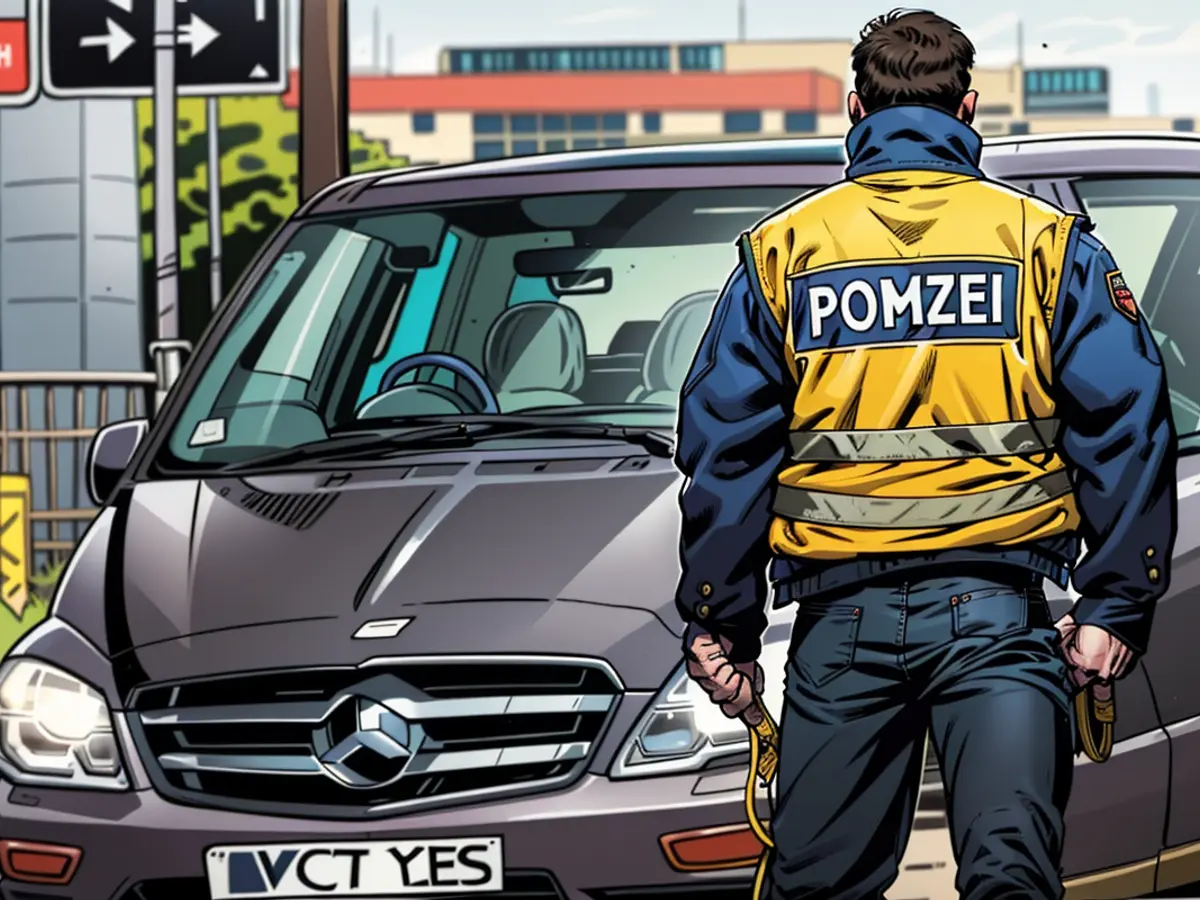Schleuserman crime - Interior minister for maintaining border controls
The chairman of the Interior Ministers Conference, Brandenburg's Interior Minister Michael Stübgen, maintains that border controls should be continued for now - until the EU asylum reform takes effect. "Migration has decreased, illegal entries have been prevented, and smugglers and criminals have been arrested," said the CDU politician to the "Rheinische Post."
Ending controls would lead to an immediate loss of security. Therefore, we must hold on to the controls at least until the reforms of the European asylum system take effect, which is expected to be no earlier than 2026. These controls can only take place within European regulations and in accordance with the capabilities of the Federal Police.
Minister Stübgen considers stationary controls at the borders in Eastern and Southern Germany necessary. "The focus should be on the Eastern and Southern borders, as two-thirds of illegal entry attempts occur there," said Stübgen. However, the remaining third should not be ignored.
Stübgen was an advocate for fixed border controls at the German-Polish border before Federal Interior Minister Nancy Faeser (SPD) applied for them at the EU.
Minister: Combating migration and criminality
"I will be among the first to call for an end to border controls when the situation allows," said Stübgen. "However, if we do not get a handle on migration and criminality at the internal European borders, we will lose complete freedom of movement over the short or long term. That must not happen."
Border controls take place at the borders with Austria, Switzerland, Czech Republic, and Poland to limit irregular migration and combat smuggling crime. Stricter controls at the borders with Denmark and the Benelux countries existed during the European Football Championship, but they were not extended. Currently, there are temporary controls at the German-French border due to the Olympics in Paris.
- At the Interior Ministers Conference, Brandenburg's Interior Minister Michael Stübgen, a CDU politician, advocated for the continuation of border controls until the EU asylum reform becomes effective.
- Stübgen highlighted that border controls have led to a decrease in migration, prevention of illegal entries, and arrests of smugglers and criminals.
- The chairman of the conference emphasized the necessity of maintaining controls at least until the expected 2026 implementation of the European Union's asylum system reforms.
- Minister Stübgen identified stationary controls at Eastern and Southern Germany's borders as crucial, as two-thirds of illegal entry attempts occur in these regions.
- Prior to Federal Interior Minister Nancy Faeser (SPD), Stübgen had advocated for fixed border controls at the German-Polish border within EU regulations.
- Stübgen expressed his intention to call for the abandonment of border controls once the situation permits, but warned against losing internal European border control, which could impact freedom of movement in the long term.
- Border controls are implemented at Germany's borders with Austria, Switzerland, Czech Republic, and Poland to restrict irregular migration and combat smuggling crimes; however, stricter controls at Denmark and Benelux countries were temporarily enforced during the European Football Championship.








